Summaries of books about Science & Math:
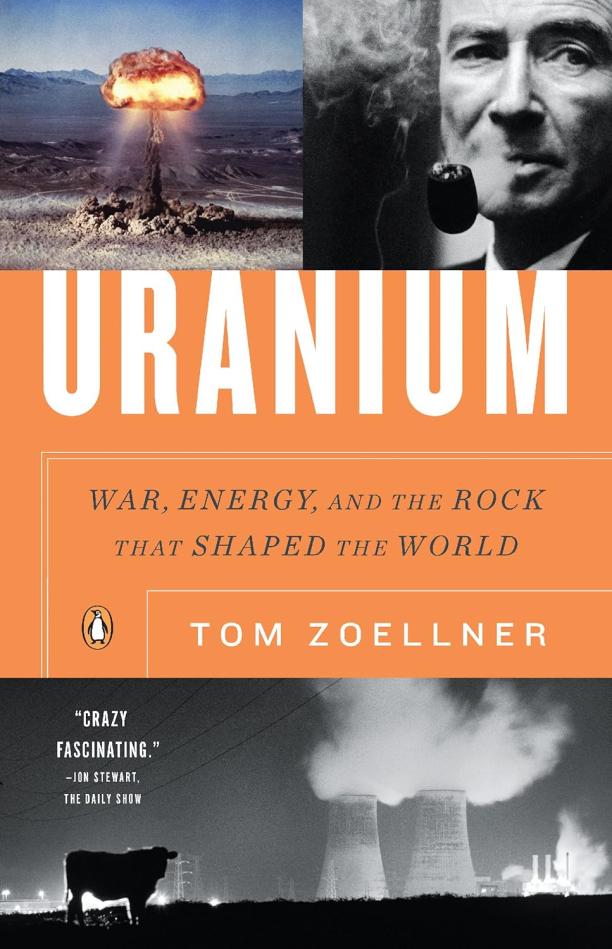
Uranium
War, Energy, and the Rock That Shaped the World
Tom Zoellner
The book delves into the history of uranium, exploring its role in warfare and nuclear power, and examines the geopolitical and environmental implications of uranium mining and its use in atomic weaponry and energy production. It provides a narrative that intertwines science, politics, and human stories, revealing the global impact of this potent element.
See full summary

Antimatter
Frank Close
The book explores the concept, discovery, and applications of antimatter, delving into its role in particle physics and the universe. It discusses the scientific journey from theoretical prediction to experimental confirmation and potential uses in medicine and energy, as well as the challenges in studying and producing antimatter.
See full summary

Braiding Sweetgrass for Young Adults
Indigenous Wisdom, Scientific Knowledge, and the Teachings of Plants
Robin Wall Kimmerer|Monique Gray Smith
The book presents a blend of indigenous wisdom and modern science through a series of stories and reflections that highlight the importance of plants and our relationship with the natural world. It offers insights into how we can learn from the teachings of plants to live sustainably and harmoniously with the Earth.
See full summary
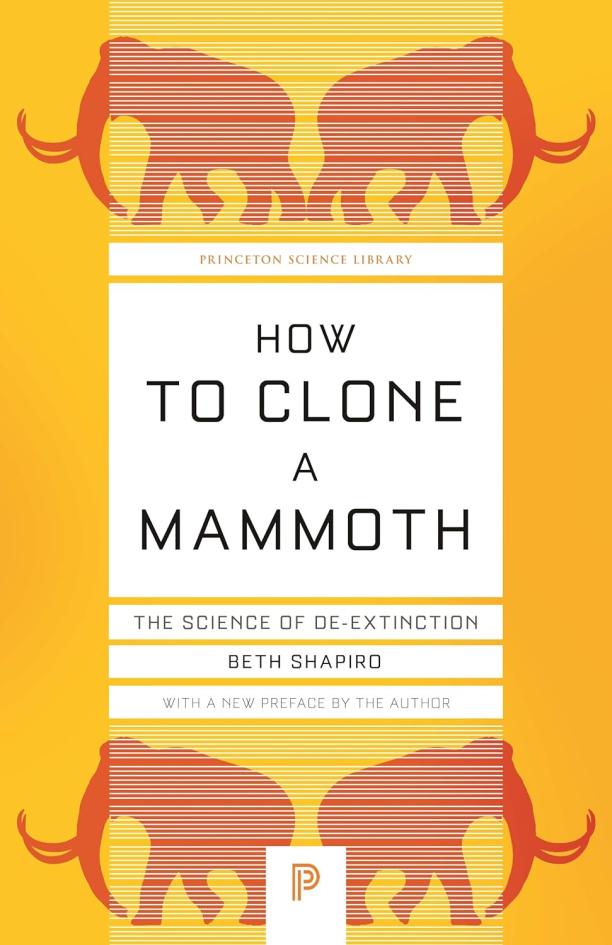
How to Clone a Mammoth
The Science of De-Extinction
Beth Shapiro
The book explores the cutting-edge science behind the possibility of bringing extinct species back to life, known as de-extinction, using DNA from preserved specimens such as the woolly mammoth. It delves into the ethical, ecological, and technical challenges of the process, discussing what can be done, what should be done, and the implications of resurrecting lost species.
See full summary
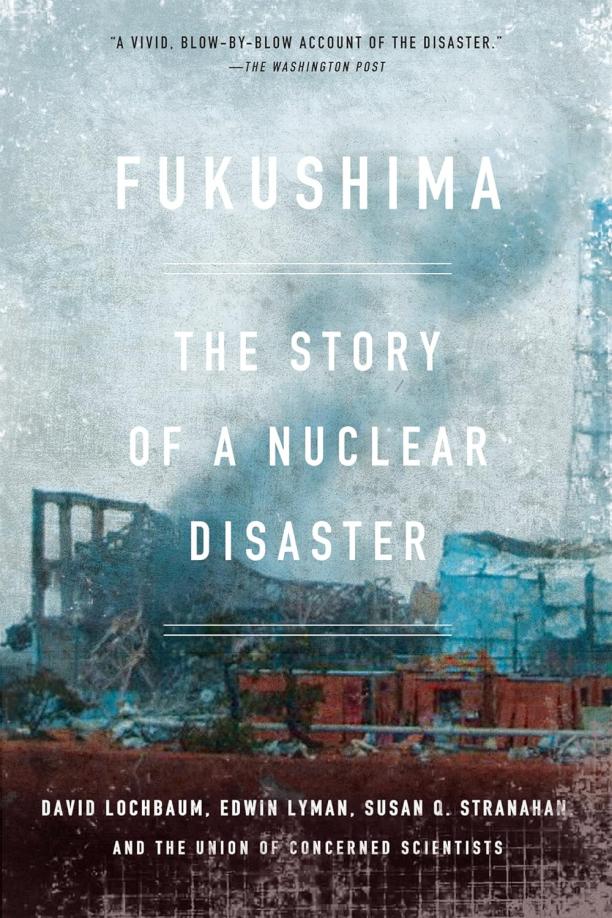
Fukushima
The Story of a Nuclear Disaster
David Lochbaum|Edwin Lyman|Susan Q. Stranahan|The Union of Concerned Scientists
The book provides a detailed account of the events leading up to, during, and after the 2011 nuclear disaster at the Fukushima Daiichi power plant in Japan, analyzing the causes and consequences of the catastrophe. It also examines the response from the plant operators, government officials, and regulatory bodies, highlighting the lessons learned and the implications for nuclear safety worldwide.
See full summary
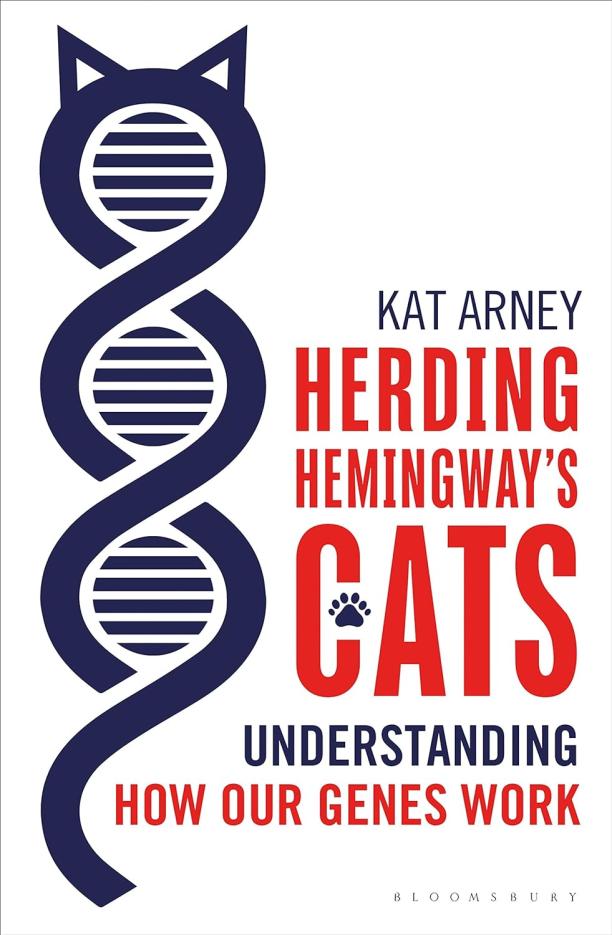
Herding Hemingway's Cats
Understanding how our genes work
Kat Arney
The book delves into the complexities of genetics, exploring how genes are expressed and regulated within the body. It uses accessible language and engaging anecdotes to explain the latest scientific discoveries about DNA and the intricate mechanisms that determine how living organisms are built and function.
See full summary
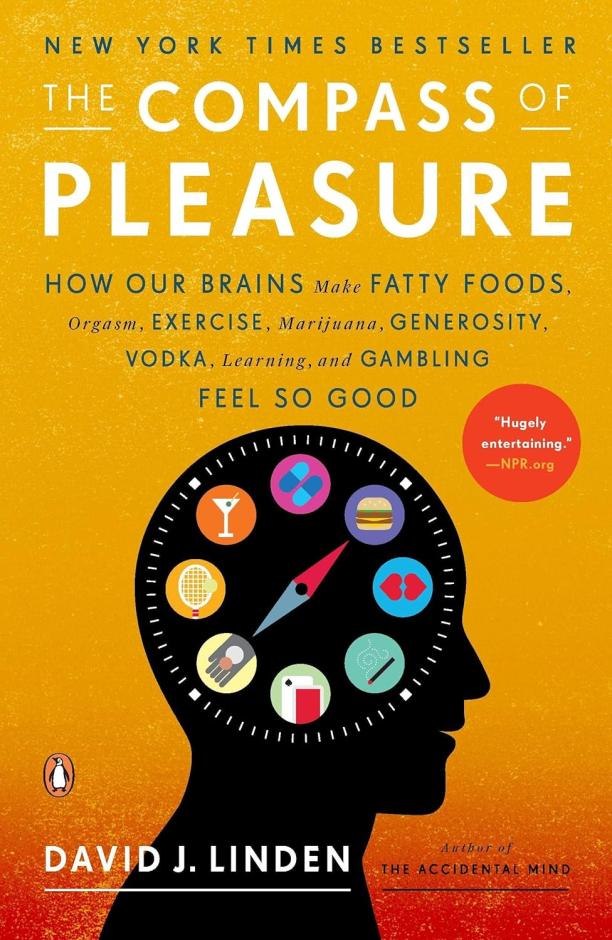
The Compass of Pleasure
How Our Brains Make Fatty Foods, Orgasm, Exercise, Marijuana, Generosity, Vodka, Learning, and Gambling Feel So Good
David J. Linden
The book explores the neuroscience behind why certain activities and substances are pleasurable, examining the brain's reward circuitry. It delves into how various pleasures, from food to drugs to sex, can lead to addictive behaviors due to the brain's response to them.
See full summary
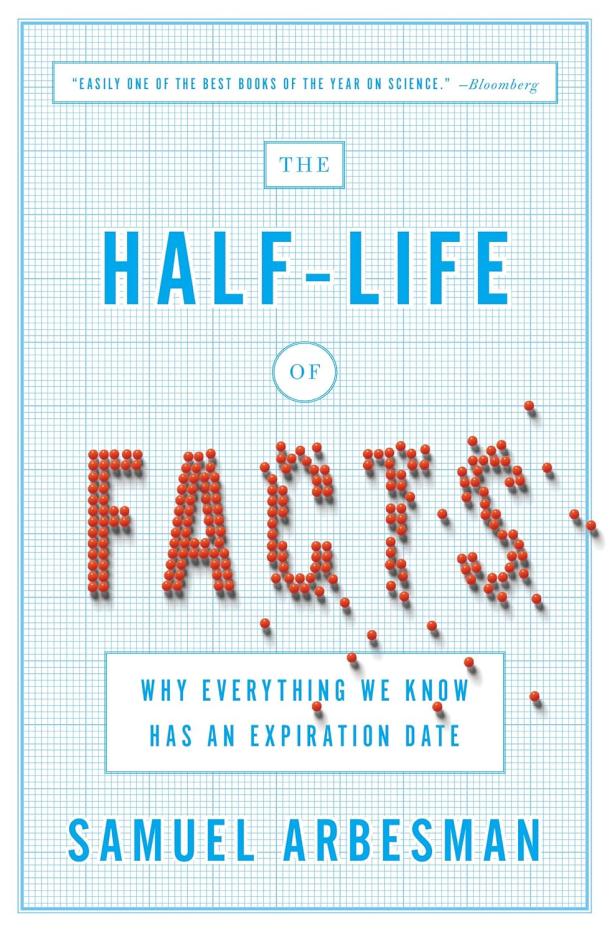
The Half-Life of Facts
Why Everything We Know Has an Expiration Date
Samuel Arbesman
The book explores the concept that knowledge and facts in various fields, such as science and technology, change over time due to new discoveries and better understanding. It delves into the patterns of how information evolves and the implications for society's relationship with knowledge and how we perceive truth.
See full summary

Why Everyone (Else) Is a Hypocrite
Evolution and the Modular Mind
Robert Kurzban
The book explores the concept of modularity in the human brain, suggesting that our minds consist of multiple specialized units which can lead to seemingly contradictory behaviors and beliefs. It argues that what we often label as hypocrisy is a natural byproduct of these competing mental subsystems, shaped by evolutionary processes to handle different adaptive challenges.
See full summary
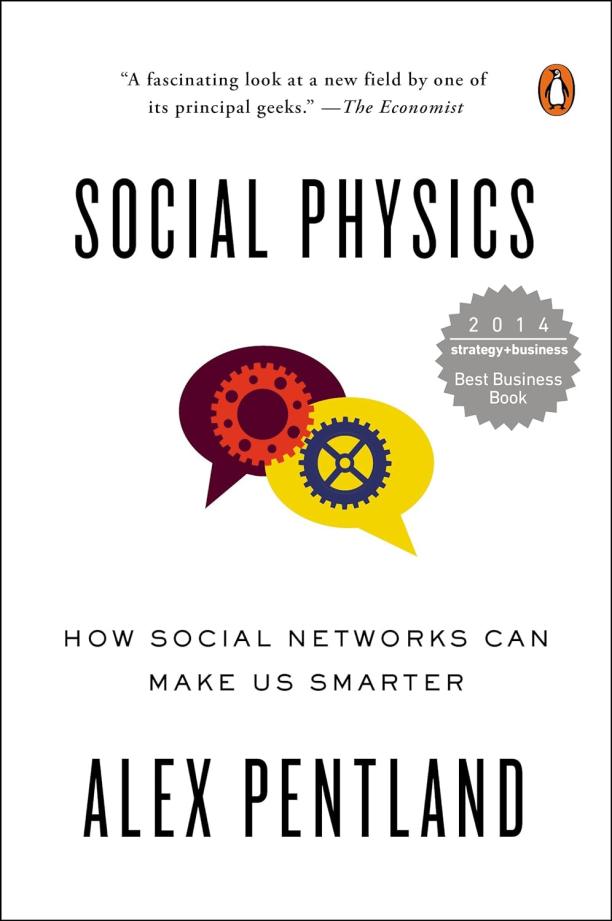
Social Physics
How Social Networks Can Make Us Smarter
Alex Pentland
The book explores the concept of "social physics," a data-driven approach to understanding human behavior through patterns in big data derived from social networks. It discusses how this analysis can improve decision-making in various domains, from business to government policy, by harnessing the collective intelligence of social groups.
See full summary